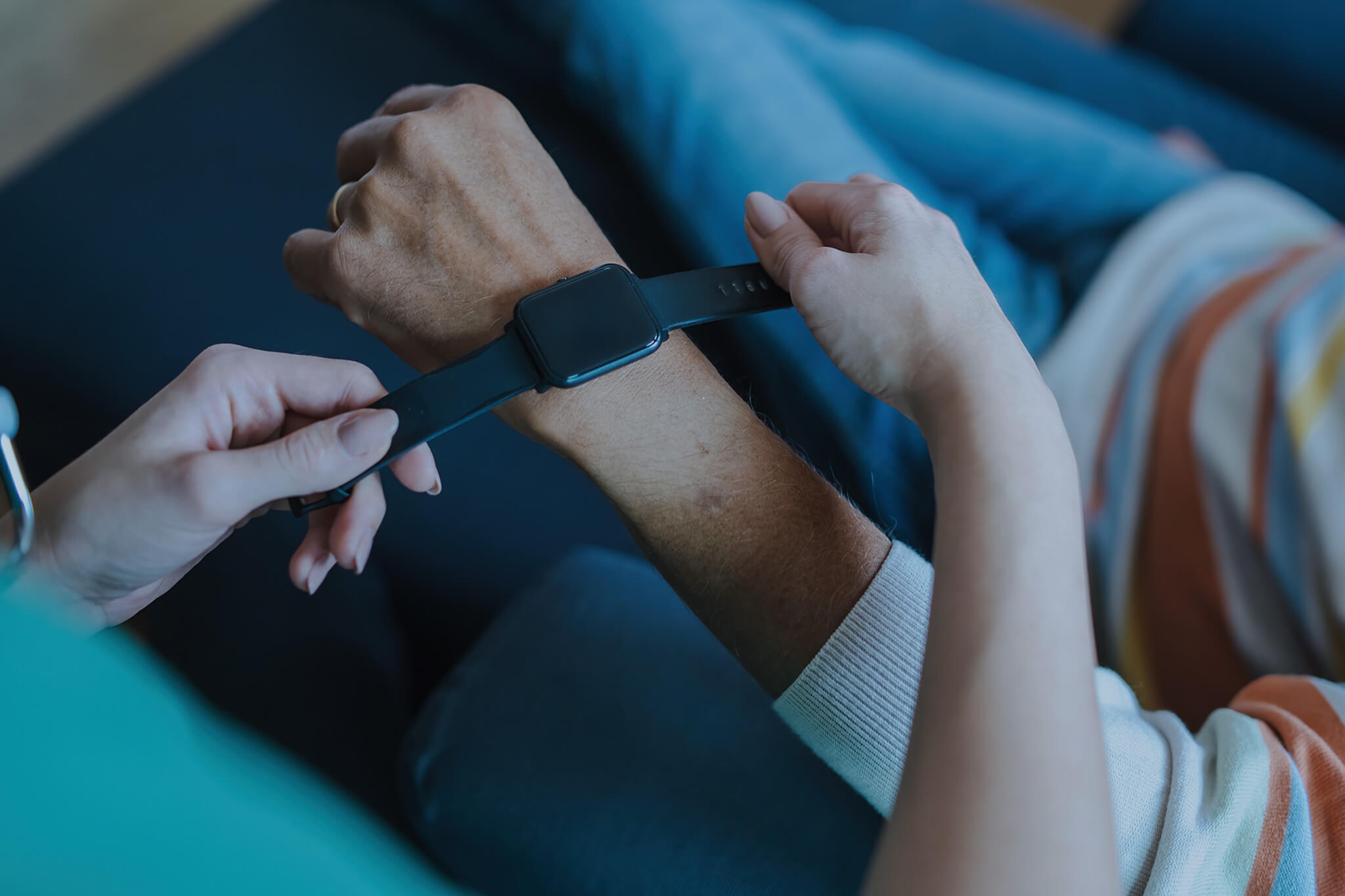How Medical Devices are Transforming Post-Surgery Patient Recoveries Worldwide
In recent years, innovative medical devices such as surgical lasers have been important factors in enhancing patient recovery.
There are several ways medical devices are reshaping patient recovery globally, emphasizing the significance of technologies such as remote patient monitoring, wearable devices, real-time data, and others.

Diagnostic devices: precision in identification
Diagnostic medical devices are a foundational piece of modern medicine, enabling surgical teams to make accurate and timely assessments of a patient’s health. Imaging technologies such as magnetic resonance imaging (MRI), computed tomography (CT), and ultrasound allow for detailed visualization of internal structures, aiding in the early detection and diagnosis of various medical conditions.
Furthermore, rapid tests and point-of-care devices contribute to efficient diagnosis, enabling healthcare providers to initiate treatment where required promptly.
For chronic conditions such as diabetes, glucose monitors are an excellent example of the link between technology and patient care. Continuous glucose monitoring devices not only assist individuals with diabetes in managing their condition effectively but also reduce the risk of complications by providing real-time data that facilitates prompt adjustments to treatment plans.
Therapeutic devices: targeted treatments for enhanced recovery
Therapeutic medical devices play a crucial role in enabling precise and targeted treatment. Examples of such devices include insulin pumps for diabetes management, infusion pumps for controlled medication administration, and nebulizers for respiratory conditions. These innovations enhance treatment efficacy and contribute to a more comfortable and convenient patient experience, increasing the likelihood of patients complying with the treatment regime.
Integrating artificial intelligence (AI) in therapeutic devices may hold promise as the healthcare industry looks toward the future. AI-powered devices have the potential to analyze vast amounts of patient data, allowing for personalized treatment plans and prediction-based interventions.
This on-demand information has the potential to enhance the effectiveness of therapeutic measures, and it also aligns with the broader trend of patient-centric care.
Surgical devices: minimal access for improved recovery times
Advancements in surgical devices have ushered in an era of precision and minimally invasive procedures, potentially reducing recovery times and improving overall patient outcomes. Robotic-assisted surgery systems, commonly referred to as surgical robots, enable healthcare professionals to perform complex procedures with enhanced dexterity, precision, and ergonomics.
Robotic assistance may eliminate the need for large, open incisions, resulting in less pain, shorter hospital stays, and quicker patient recovery periods. When coupled with laser technology in laparoscopic procedures, surgeons have the ultimate power, control, and precision at their fingertips.
The medical device industry’s continuous pursuit of innovation is evident in the development of advanced surgical lasers and laparoscopic tools. These technologies contribute to improved patient outcomes by offering healthcare professionals the means to perform intricate surgeries with greater accuracy and efficiency.

Monitoring devices: real-time insights for continuous care
Continuous monitoring is critical for ensuring the ongoing well-being of patients, both in hospital settings and during post-discharge recovery. Wearable devices, such as smartwatches and fitness trackers, provide real-time data on vital signs, physical activity, and even sleep patterns.
These devices empower patients to actively engage in their health management while healthcare professionals gain access to valuable data, providing additional insights for informed decision-making.
For patients with chronic conditions, implantable devices take monitoring to the next level. These devices provide healthcare providers with continuous access to critical information, enabling early intervention and the formulation of personalized care plans. This level of remote patient monitoring not only enhances patient care but also allows the efficient allocation of healthcare resources.
Telemedicine and remote patient monitoring: bridging gaps in healthcare accessibility
Integrating medical devices with telemedicine platforms has expanded healthcare access, particularly in remote or underserved areas. Patients can now receive continuous monitoring and follow-up care without the need for frequent hospital visits.
Wearable devices and remote patient monitoring systems are instrumental in this regard, allowing healthcare professionals to monitor vital signs and collect real-time data, even from a distance.
As the healthcare industry continues to embrace the digital revolution, the future of telemedicine is bright. The technological convergence of wearable devices, real-time data, and telemedicine platforms is paving the way for more comprehensive and accessible healthcare services. This evolution benefits patients and can potentially enhance healthcare systems’ efficiency.
The future of medical devices: integration
Looking ahead, the future of medical devices lies in the seamless integration of various technologies, data, and workflows. The interconnectedness of medical devices powered by AI and real-time data analytics is expected to usher in an era of precision medicine, where treatments can be tailored to individual patient needs. This paradigm shift has the potential to improve patient outcomes and address some of the challenges faced by the healthcare industry.
From precision diagnostics to minimally-invasive surgeries and real-time monitoring, modern medical devices are helping introduce a new healthcare efficiency model. As technology continues to evolve, the marriage of medical devices with artificial intelligence, remote patient monitoring, and wearable technologies will undoubtedly lead to further innovations. These may positively impact patient recovery and improve overall health outcomes on a global scale.
Innovation in the medical device industry will continue to help healthcare teams provide patient-centered, efficient, and accessible healthcare for all people.
Become an IML partner
As a trusted supplier of medical devices, IML brings some of the world’s best medical technologies to America. IML sources cutting-edge medical devices from around the globe and collaborates with top-tier international manufacturers to provide innovative yet practical medical technology solutions across the nation.
Through a growing network of established dealers, IML actively supports medical teams as they address patient care in various healthcare settings, including hospitals, surgery centers, and clinics throughout the U.S.
Are you a medical device dealer or manufacturer interested in growing your business? Learn more about partnering with IML by visiting our website’s dealer or partnerships pages.
